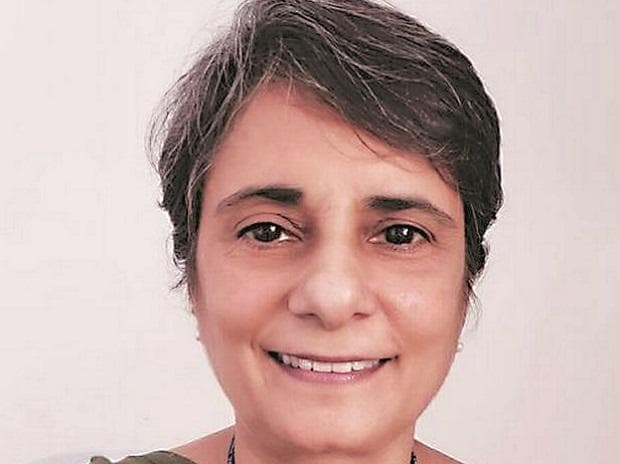[ad_1]
XBB and BF.7, the variants behind a surge in Covid-19 cases in China have been in India for a while, and a wave of new cases from them is thus not expected in India, Gagandeep Kang, virologist and professor in the Department of Gastrointestinal Sciences at the Christian Medical College, Vellore said on Friday.
In a series of tweets, Kang signalled that the situation in India is not alarming and there are no new variants of the virus.
“At the moment, India is doing fine. We have a few cases, we have had the XBB & BF.7 for a while and they have not driven an upsurge in India. In the absence of an even more highly infectious variant, I do not expect a surge,” she said.
“As far as we know, there are no new variants. China has the capacity to sequence, and we hope it will share data in real time. The variants now circulating in China have been in the rest of the world for months. The behaviour of the virus is not any different from expected,” she added.
Kang said that Indians are vaccinated and have had an infection rate of 90 per cent, mostly during Omicron. This has given hybrid immunity.
She suggested that increasing the testing of the patients needs a strategic approach.
“Randomly increasing testing has little value. Testing incoming travellers needs a risk-based framework, but X per cent sampling also means that you accept that every incoming case will not be detected,” she said.
She also said that India has ample capacity to detect a new variant or a surge in India.
“We have ample sequencing capacity and if sequencing is done in real-time, absolutely we can. When hospitals begin to see severe cases, we will know. Need to & can understand & measure both the virus & the disease,” Kang added.
According to Kang, the main threat from China is that the increased spread of the virus could result in the evolution of new variants.
To stop this, India should maintain surveillance so that any change in the behaviour of the virus is detected at an early stage.
“For this, they [China] and we should maintain variant & clinical surveillance to ensure that we detect the signal of any changes in the behaviour of the virus. This is a public health function where stable surveillance runs in the background & ramps up for emerging threats,” Kang said.
“Periodic serosurveys & environmental surveillance can be useful depending on the pathogen,” she added.
What should Indians do?
“If you have an elderly person in your family, please get them an additional dose,” Kang said.
If anyone has any respiratory infection, they should stay at home. But if they need to go out, she suggested wearing a mask.
“If you are vulnerable, stay masked in an unfamiliar company or if someone around you is obviously ill. If there are a lot of infections/cases in the community, staying masked in crowds is good,” she suggested.
[ad_2]
Source link



